|
If speaking in public gives you the heebie-jeebies, professional presenter Simon Raybould has some advice that will improve your performance and calm your nerves.
Over to Simon …
You edit words for a living, right? It’s a cool job, I admit, and not one I could conceivably aspire to.
As someone once put it, 'Simon, being your proofreader must be like being Seán McGowan’s dentist.’ And yes, it’s true. She once sent me an email with the words ‘… first paragraph alone! Are you doing it on purpose? Are you trying to annoy me?’ But I think I have an even more cool option for you. Instead of editing words, why not edit minds? I’m not talking about some sci-fi concept – it’s what I do for a living. A good presentation will change someone’s mind ... and with it, their world. A good presentation is a form of telepathy – sending ideas from your mind to someone else’s. The upsides are awesome, but the downsides are pretty serious too:
But all is not lost – there are cures … or at least things that will help. Here are a few quick-to-master ideas and tools that will help you to present at conferences (or anywhere else) with confidence. Some are easy, some are harder, but all of them work.
1. The least popular tool – just doing it
Let’s start with the least popular option. When I ask people why they want to be confident, I often receive answers such as ‘If I were confident I’d be able to XYZ.’ And that’s great – they have a specific thing in mind. What’s not so great is that they seem to think that confidence alone will mean they don’t have to invest time in doing XYZ. I’m going to be blunt … you can’t shortcut your way to confidence. Don’t try to get confident before you do something. You can only get confident by doing that thing. Think about how you learned to ride a bike. Did you look at it, thinking, Cool! What an awesome bike. As soon as I’m a confident cyclist I’ll hop right on and go for rides in the hills? Nope. What you did was sit on it, fall off, get back on, fall off, get back on … and so on. Presenting is like that. Of course, with bikes you have stabilizers (and parents) holding you up. Stick with the analogy for a moment and figure out how you can make presentations in safer ways and places – stabilizers, as it were. How about making presentations under the following conditions:
I’m sure you get the idea. To mix my movement metaphors … don’t run before you can walk.
2. Know what success looks like
We all know what could go wrong, right? People might laugh at us; we could fall off the stage; cold sweat might drip down our backs or melt our mascara. And that’s the thing… we know what the bad things look like. But what about success? Not fainting on stage doesn’t count. Things like this count:
Define it. After all, if all you can identify is failure, that’s what you’ll concentrate on. But if you can define success, you stand a chance of concentrating on that instead. (Defining success also helps you to design your conference presentation more effectively. If you don’t know what you want to achieve, you’re more likely to omit core material.)
3. Sentence zero ... the breathing tool
When we’re scared, we breathe from the top of our lungs. Air comes out in a rush, making our voices sound thinner, breathier and – frankly – less authoritative. Hold that thought in your head for a moment and think about this: Lots of people tell me that once they get going in a presentation, things get better. So the important thing is to start well, right? Right. If you can control your breathing at the start, things are going to go better. Sentence zero is a handy tool for doing just that. Get the very first sentence of your presentation straight in your head. Be specific. For now, let’s pretend that Sentence One is ‘Hello, my name is Simon.’ Now think of a sentence that could go before it, finishing with the word ‘and’. For now, let’s pretend it’s 'Goodness, what a hideous lime green that back wall is, and …' We’ll call this Sentence Zero. Now, as you start your presentation, say Sentence Zero+Sentence One in one breath, but only use your voice for Sentence One. What that means is that your audience only hears Sentence One but you’ve already used the high-pressure, anxiety-sounding breath from the top of your lungs on the silent Sentence Zero.
4. Ditch the script
Writing is difficult. That’s why authors need you, right? So what on earth makes you think you can write a script for your presentation? If it was that easy, we’d all be writing massively successful West End and Broadway plays. Don’t try. Instead, define your structure.
Then, when you stand up to present, use the keywords as markers around which you improvise. Trust me, you’ll sound more natural and be much, much more interesting. Plus, you won’t spend time worrying about the massive confidence-drainer that is 'Did I get the wording absolutely right according to the script?' As an aside, the answer is no. No one does unless they’re RSC-grade actors. What you’ll lose in the occasional fumble you’ll more than gain in sounding more relaxed and natural. Plus, you won’t commit the ultimate presenter’s sin of using Latin words. It’s an over-simplification but we’re more likely write using the Latin-orientated words (‘commence’ rather than ‘start’) and speak using the Saxon versions (‘guts’ rather than ‘intestines’). Ditching the script means you don’t speak like a textbook.
5. Wasp-swatting: The power of the list
A while ago, my team and I sat down for a meeting. Pizza and wine might have been involved. One of the things we asked each other was what made us nervous. It turned out that about one-third of our conference nerves came not from the presentation but from the logistics that went with it.
Logisitical/trivial problems are like wasps. One seems manageable. A swarm’s a different matter. Each issue might be negligible on its own, but all of them together have a noticeable impact. Similarly, each on its own is easily dealt with, but taken together the problem loses its perspective. The solution is simple: a list. At least two weeks in advance of the conference, create a simple checklist – one line for every issue. For example, I don’t have a 'cables' tick box on my list; I have entry for the power cable, another for the VGA adaptor, and another for the HDMI adaptor, and so on. Before you go live, check the list. That way, when it’s time to perform, you can do so confident that you’ve not forgotten anything. It also frees up the parts of your brain you’d otherwise have wasted on trying to remember things. 6. Practice and rehearsal This is so fundamental it probably shouldn't come last. It also needs the fewest words. You will perform better if you go over your presentation and practise improvising using your keywords. Wrapping up There’s a lot more you can do to conquer your nerves – ideas range from breathing techniques to standing in certain positions – but these are good starting points. So go change the world and edit people’s heads!
Want to know more?
Simon's a presentations expert and productivity guru. If you want to get in touch beforehand, here's what you need:
Louise Harnby is a line editor, copyeditor and proofreader who specializes in working with crime, mystery, suspense and thriller writers.
She is an Advanced Professional Member of the Chartered Institute of Editing and Proofreading (CIEP), a member of ACES, a Partner Member of The Alliance of Independent Authors (ALLi), and co-hosts The Editing Podcast. Visit her business website at Louise Harnby | Fiction Editor & Proofreader, say hello on Twitter at @LouiseHarnby, connect via Facebook and LinkedIn, and check out her books and courses.
1 Comment
12/12/2018 06:56:14 am
<i>Great</i> metaphors in this post. And I really like the tip about Sentence Zero!
Reply
Leave a Reply. |
BLOG ALERTSIf you'd like me to email you when a new blog post is available, sign up for blog alerts!
TESTIMONIALSDare Rogers'Louise uses her expertise to hone a story until it's razor sharp, while still allowing the author’s voice to remain dominant.'Jeff Carson'I wholeheartedly recommend her services ... Just don’t hire her when I need her.'J B Turner'Sincere thanks for a beautiful and elegant piece of work. First class.'Ayshe Gemedzhy'What makes her stand out and shine is her ability to immerse herself in your story.'Salt Publishing'A million thanks – your mark-up is perfect, as always.'CATEGORIES
All
ARCHIVES
July 2024
|
|
|
|


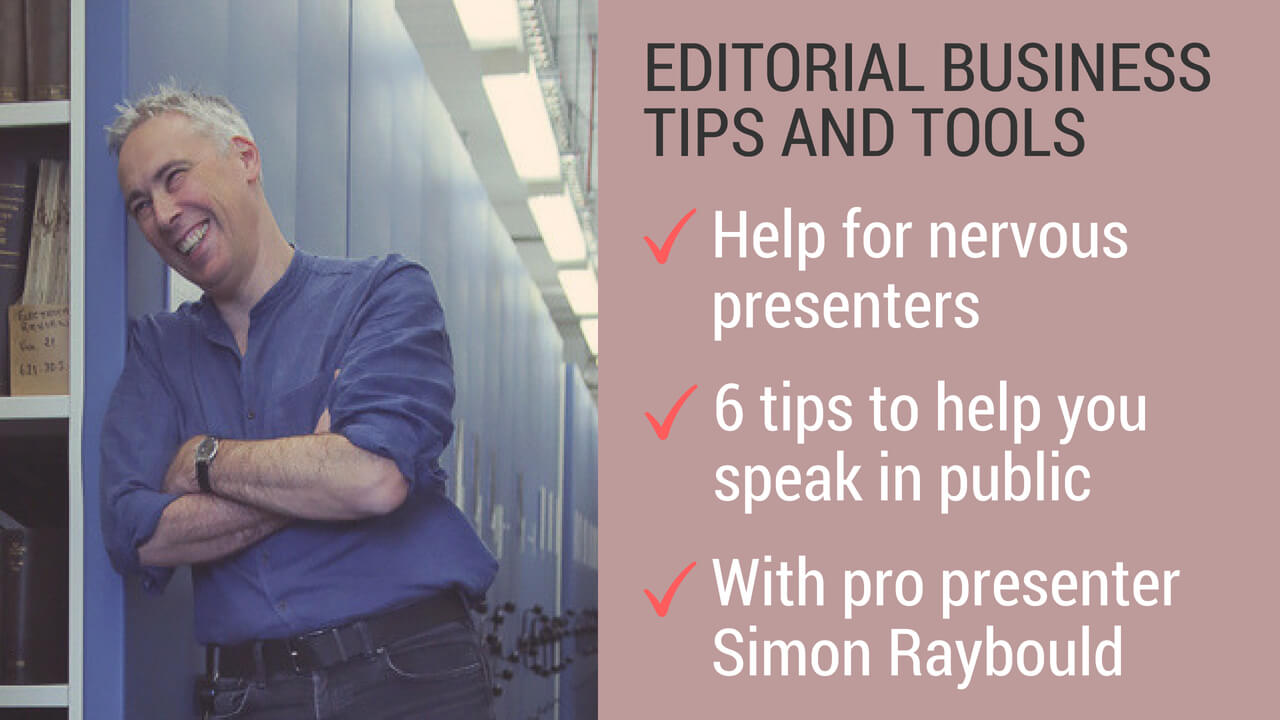
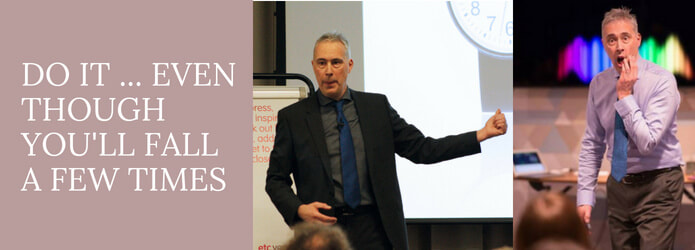
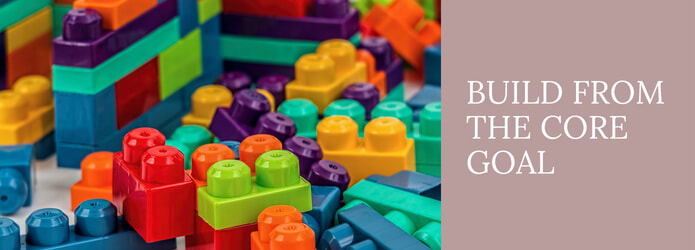
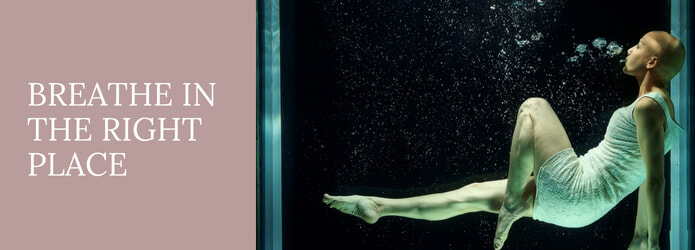

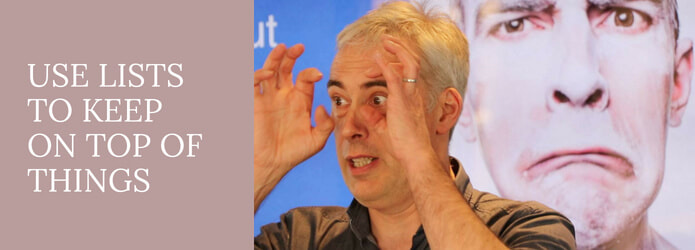













 RSS Feed
RSS Feed





